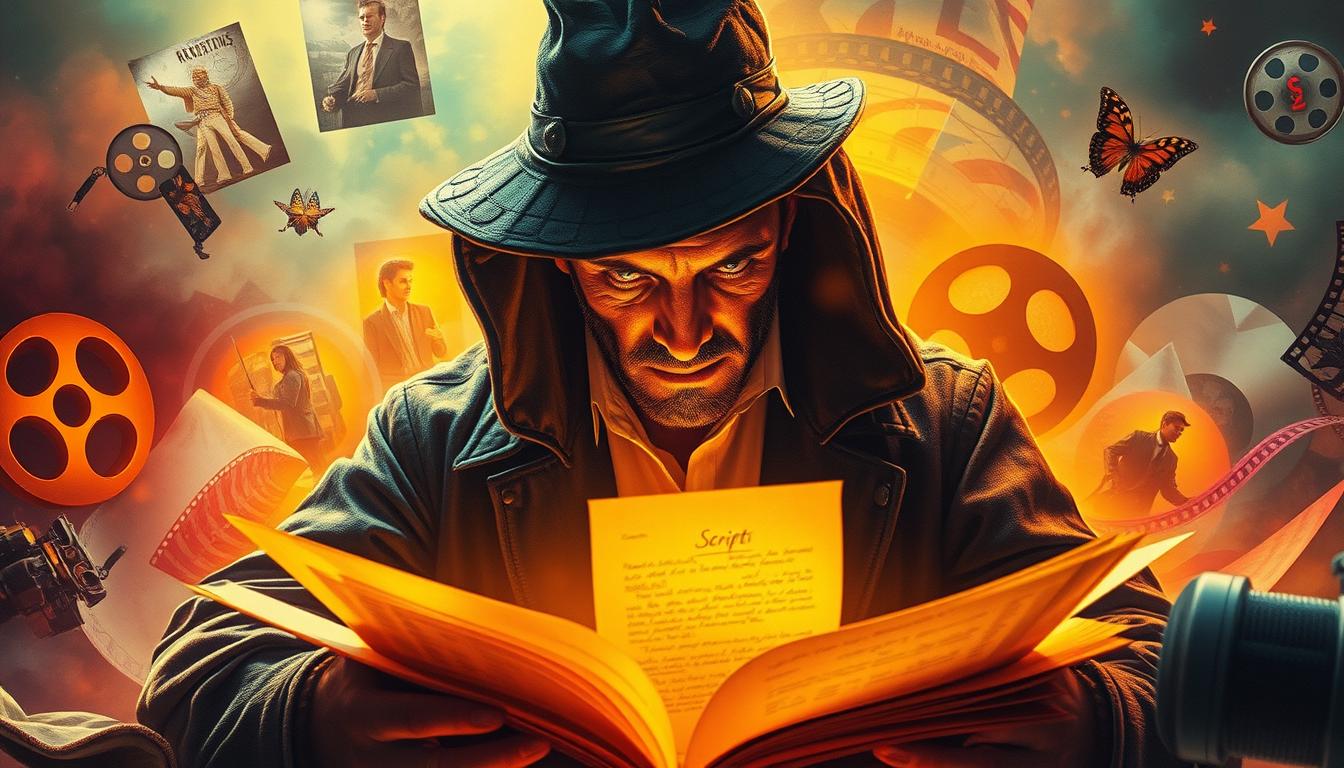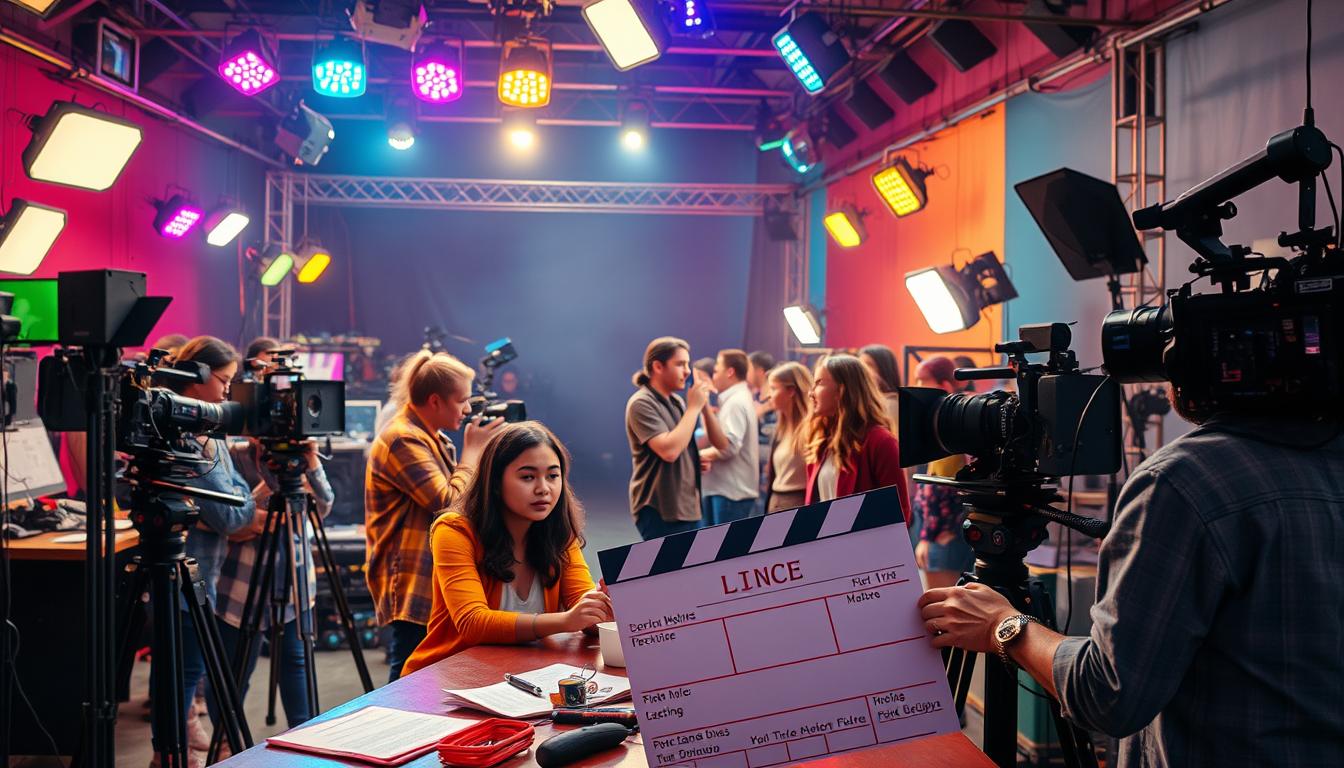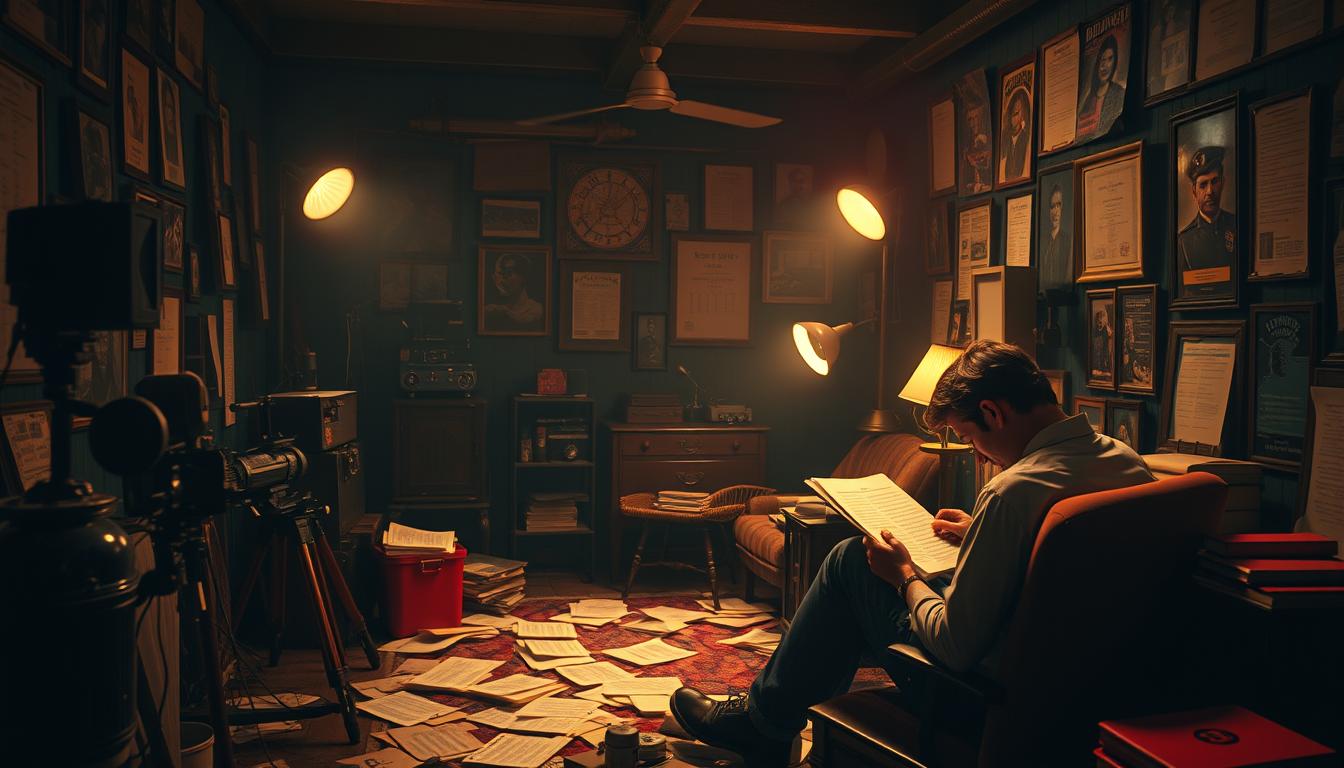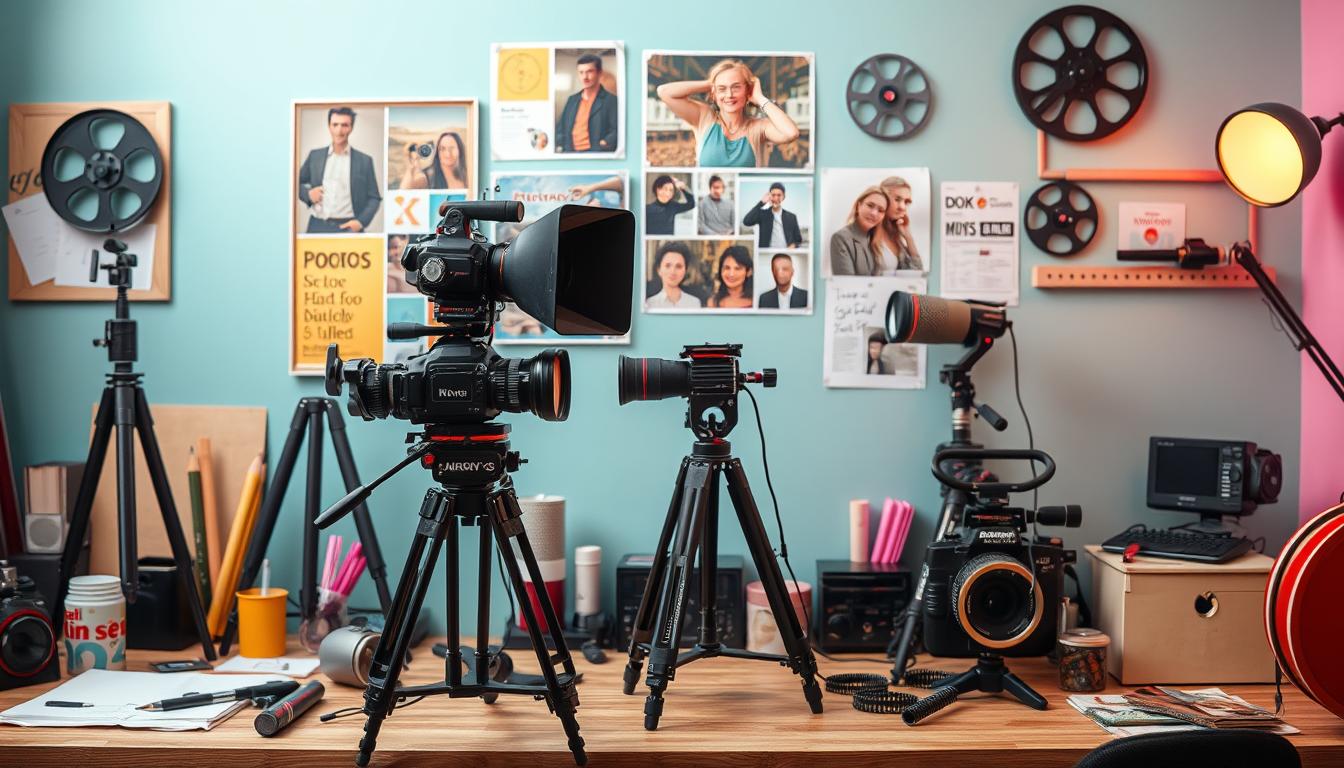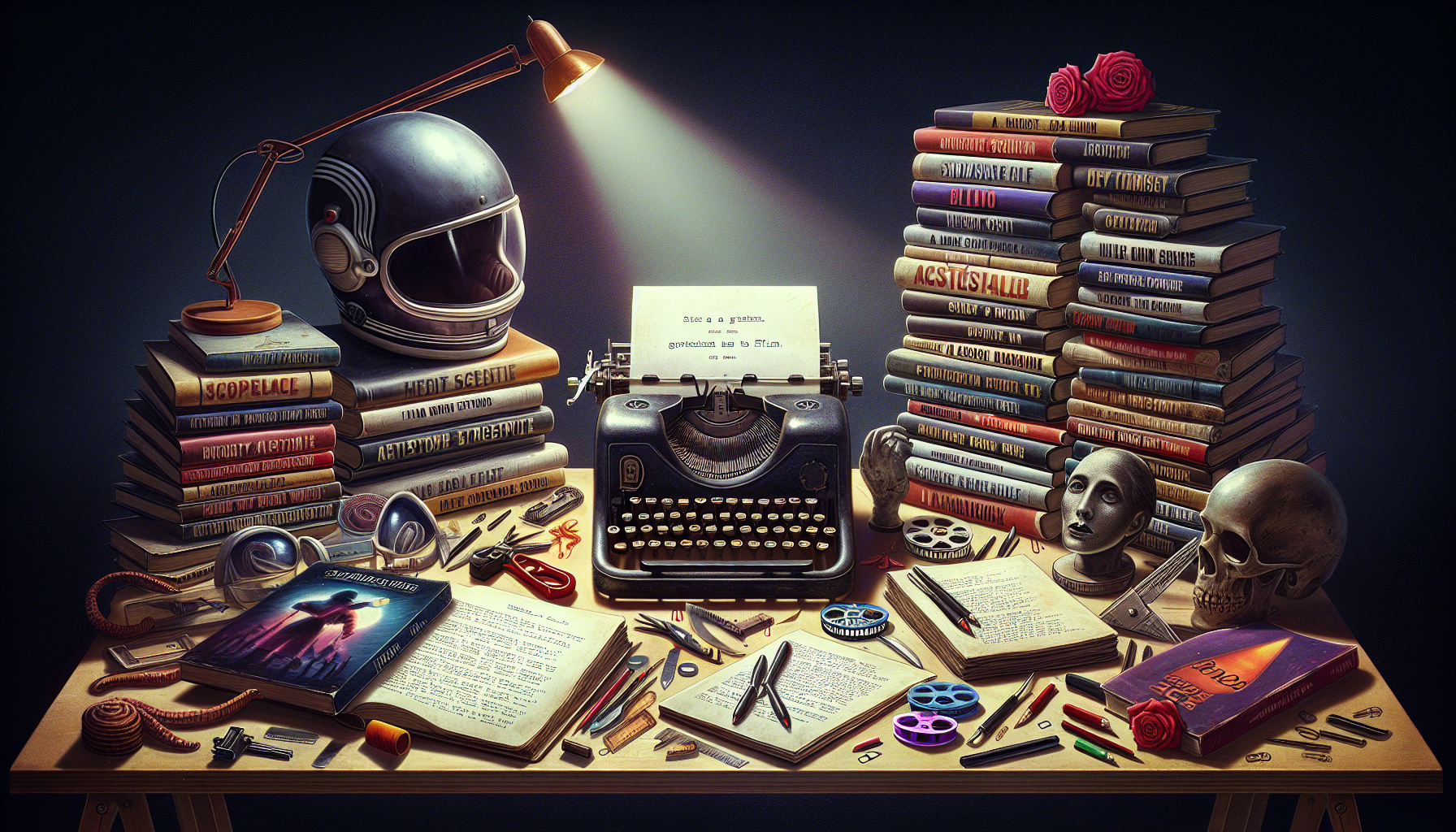
Welcome to the Genre Jamboree: A Screenwriter’s Guide to Genre-Hopping
Oh, the joyous life of a screenwriter! Spinning narratives, conjuring characters out of thin air, and the unfathomable thrill of typing “FADE OUT”. But wait, there’s more! As a screenwriter, you are not confined to just drama or comedy; the world of genres is your oyster, and boy, is it an all-you-can-write buffet! Whether you’re a newbie nibbling at the edges or a seasoned scribe ready to dive deep into the genre pool, there’s always something delightful to dish out. Let’s explore, shall we?
1. The Gut-Busters: Comedy
A spoonful of laughter is said to be the best medicine, but when it comes to writing comedy, you might need a whole pharmacy. Comedy screenwriting is not merely about packing punches; it’s about timing, context, and understanding human idiosyncrasies. From slapstick—where pratfalls reign supreme—to the cerebral realms of satire, comedy is a playground for the witty and the perceptive. Want to convey a social message without sounding preachy? Hel-lo, satire! Need to make light of the everyday? Cue sitcom scripts!
2. The Sob-Inducers: Drama
Kleenex, anyone? Drama is where you bare the soul of your characters and often, unconsciously, your own. This genre involves deep character development, conflicts that tug at the heartstrings, and resolutions that don’t always mean a happy ending. Harness the power of dialogues and silent pauses (Oh, those heavy, meaningful silences!) to create a riveting narrative that might just get the audience crying into their popcorn buckets.
3. Shriek Central: Horror
Turn down the lights and amp up the scare-o-meter! Writing horror screenplays is not just about throwing in a ghost or a creepy doll; it’s about mastering the art of suspense and surprise. The real trick is to play with the audience’s mind, build tension, and then deliver shocks at the right moments. Psychological horror wins big, weaving intricate plots that haunt viewers well after they’ve left the theater. Remember, it’s not just about what lurks in the shadows, but also about what lurks in the mind.
Tip: Utilize the elemental fear of the unknown to make spines tingle!
4. Pulse Racers: Thriller
Thrillers are the rollercoasters of the film world. They’re fast-paced, adrenaline-pumping, and full of twists and turns that leave audiences clinging to their seats. The art of writing thrillers lies in misdirection; leading the audience one way and then yanking them back another with plot turns they never saw coming. Whether it’s a psychological thriller that delves deep into the human psyche or a crime thriller that unravels a complex heist, keeping the pace taut and the stakes high is key.
5. Boom Goes the Dynamite: Action
Action films are where screenwriters get to channel their inner stuntman. High-octane car chases, explosive battle scenes, and protagonists with a penchant for narrow escapes—welcome to the land of action. The script must be tight but leave room for the choreography of chaos. The dialogue? Snappy and memorable. Remember: every gunshot and every sprint must drive the story forward, not just the pulse of the audience.
6. Fantastical Realms: Fantasy & Sci-Fi
If your imagination were a rocket, then fantasy and science fiction are the moon and Mars of screenplay genres. Here, the worlds are yours to create—be they dystopian societies in space or lands filled with magical creatures. The challenge lies in building these worlds and their rules convincingly. You’ll need to balance crafting spectacular visual elements with ensuring narrative coherence. Dive deep into your creativity reservoir for this; the more original, the better!
7. Cross-Pollenators: Hybrid Genres
Why stick to one when you can mix and match? Enter hybrid genres, like the rom-com—a perfect marriage of romance and comedy that delights with both heartwarming and humorous moments. Or dramedy, where you blend the gut-punches of drama with the levity of comedy. These mashups are not just fun to write but also attract a broader audience, multiplying your chances of screenplay success.
Genre exploration in screenwriting is like choosing a dish from a vast menu—each has its ingredients, cooking method, and flavor profile. The better you understand each genre’s nuances, the tastier your script. So, put on your chef hat, and start mixing those cinematic spices!


